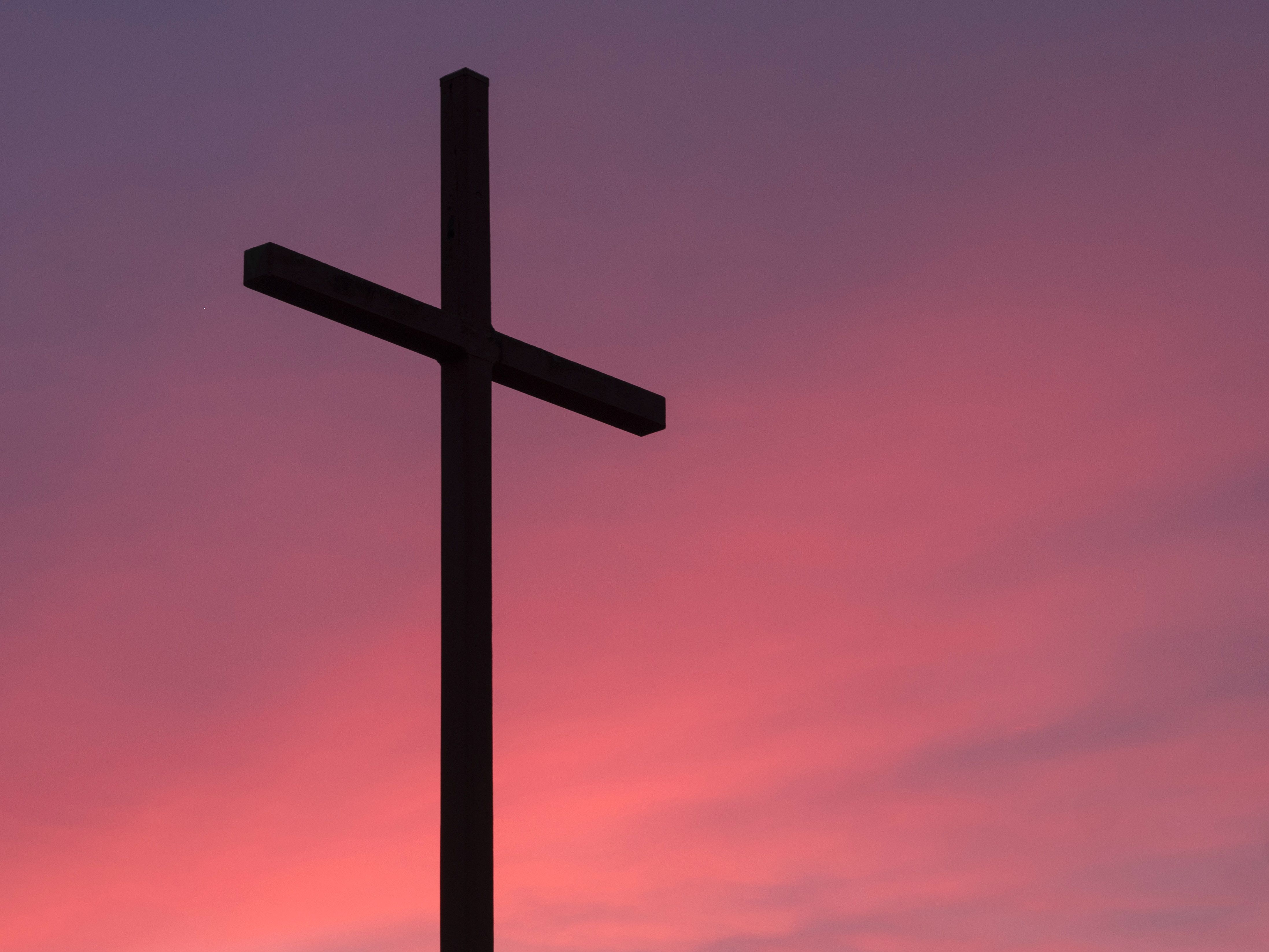Unwrapping the Easter Holiday
One of the first things every Christian child learns about their religion is that despite all consumerist appearances, Easter is the most important Christian holiday. This makes perfect sense as most of humanity have managed the feat of being born. Far fewer, comparatively, have risen from the dead. And even fewer without assistance.
Therefore, for most of my life, being brought up Christian, the holiday was solely about the story of God willing to sacrifice his son to redeem humanity before having him rise from the dead, and declare that death was essentially powerless. The icons and characters of the story were cemented in at a young age and the story recited every year from Palm Sunday to Easter Sunday. After growing up, the full extent of what Easter meant to Christians became clear when I went to Jerusalem in 2014. There, I and others walked the same route Jesus took from his sentencing to his eventual death – at the Church of the Holy Sepulchre – which was built in the wrong place but still capped off a memorable experience of understanding the pain a man went through on his journey to an unjust execution.
For all the over-commercialising of Christmas, it at least comes with the ideas of coming together as a family and can be seen as a season of goodwill towards your fellow neighbour.
But Christianity is only one side of the holiday. The chocolate, bunnies, and egg hunting are the other and in consumerist tradition, as soon as Christmas is gone they begin to appear lest we forget the second coming of diabetes as children are given another ample excuse to buy chocolate. This has always struck me as odd, given that this holiday has bloody execution and a less than flattering depiction of humanity in one hand and fluffy bunnies and sweets being given to children in the other. For the purposes of branding the timing makes sense, it’s Spring, therefore bunnies are everywhere and it makes sense to sell them in chocolate form. But on the other hand, it has led to an imitation of the more popular Winter holiday – albeit, like the chocolate eggs sold in every supermarket, far hollower. For all the over-commercialising of Christmas, it at least comes with the ideas of coming together as a family and can be seen as a season of goodwill towards your fellow neighbour. Easter on the other hand, while I’m grateful for there not being hundreds of mediocre Easter songs and an obligation to dress up one’s home, has just been morphed into a time to sell chocolate.
The holiday does have roots in an Anglo-Saxon fertility goddess and that is indeed where the name of the holiday comes from but it doesn’t make sense to celebrate her as much in the modern world. We no longer have to pray for our harvests, we no longer need to fast and celebrate surviving through Winter – mostly because British Gas process are more likely to kill us than starvation at this point in our history. So unlike Christmas where we can go back and celebrate multiple aspects, it makes sense that what we have is a chance for kids to go hunting for chocolate eggs for the non-believers and for the believers their most important date. The fact that they both come under the same name is jarring just in terms of differing symbols on display but it’s a holiday that has endured for hundreds of years and as long as we like buying chocolate and believing in Christ, it’s going to stay that way.

Comments